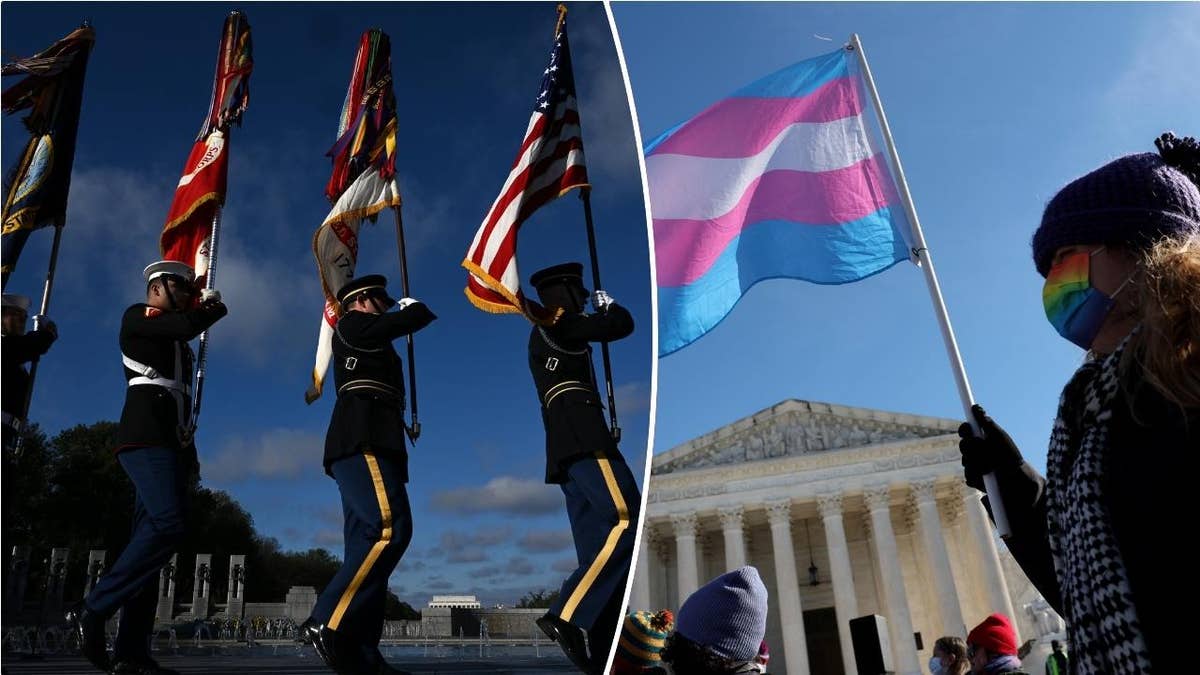The House of Representatives approved an $884 billion defense spending bill Wednesday, incorporating a controversial provision that prohibits transgender medical treatments for minor dependents of military personnel. The bill now moves to the Senate, where its fate remains uncertain.
The provision bars the use of taxpayer funds for "medical interventions for the treatment of gender dysphoria that could result in sterilization" for children under 18 within the military healthcare system. Republicans championed the inclusion, arguing against funding potentially harmful and experimental procedures for minors, while Democrats largely opposed it, expressing concerns about access to care for military families.

The House's passage of the National Defense Authorization Act (NDAA) represents a victory for Republicans, aligning with President-Elect Trump's stance against what he terms "woke" military policies. However, other Republican-backed social issue provisions, such as restricting abortion-related travel reimbursements for service members, were excluded from the final bill.
House Speaker Mike Johnson praised the NDAA's passage, emphasizing the military's focus on national defense. Meanwhile, Democratic representatives expressed outrage at the transgender care restriction, with some vowing to oppose the bill despite supporting other aspects.

The United Nations Human Rights Council also criticized the provision, characterizing it as an attack on military families and potentially forcing service members to choose between their careers and their children's healthcare.
The Senate's stance on the transgender care provision will be crucial in shaping the final defense policy. Concurrently, the Supreme Court recently heard arguments in a case involving Tennessee's ban on transgender medical procedures for minors, a decision which could have broader implications for the issue.

Beyond the transgender care debate, the NDAA includes a 14.5% pay raise for junior enlisted personnel, expanded childcare access, and job support for military spouses, addressing recruitment challenges. It also incorporates restrictions on diversity, equity, and inclusion initiatives within the military.
The bill passed the House with a 281-140 vote, reflecting some bipartisan support despite the contentious transgender care provision and other social policy additions.








